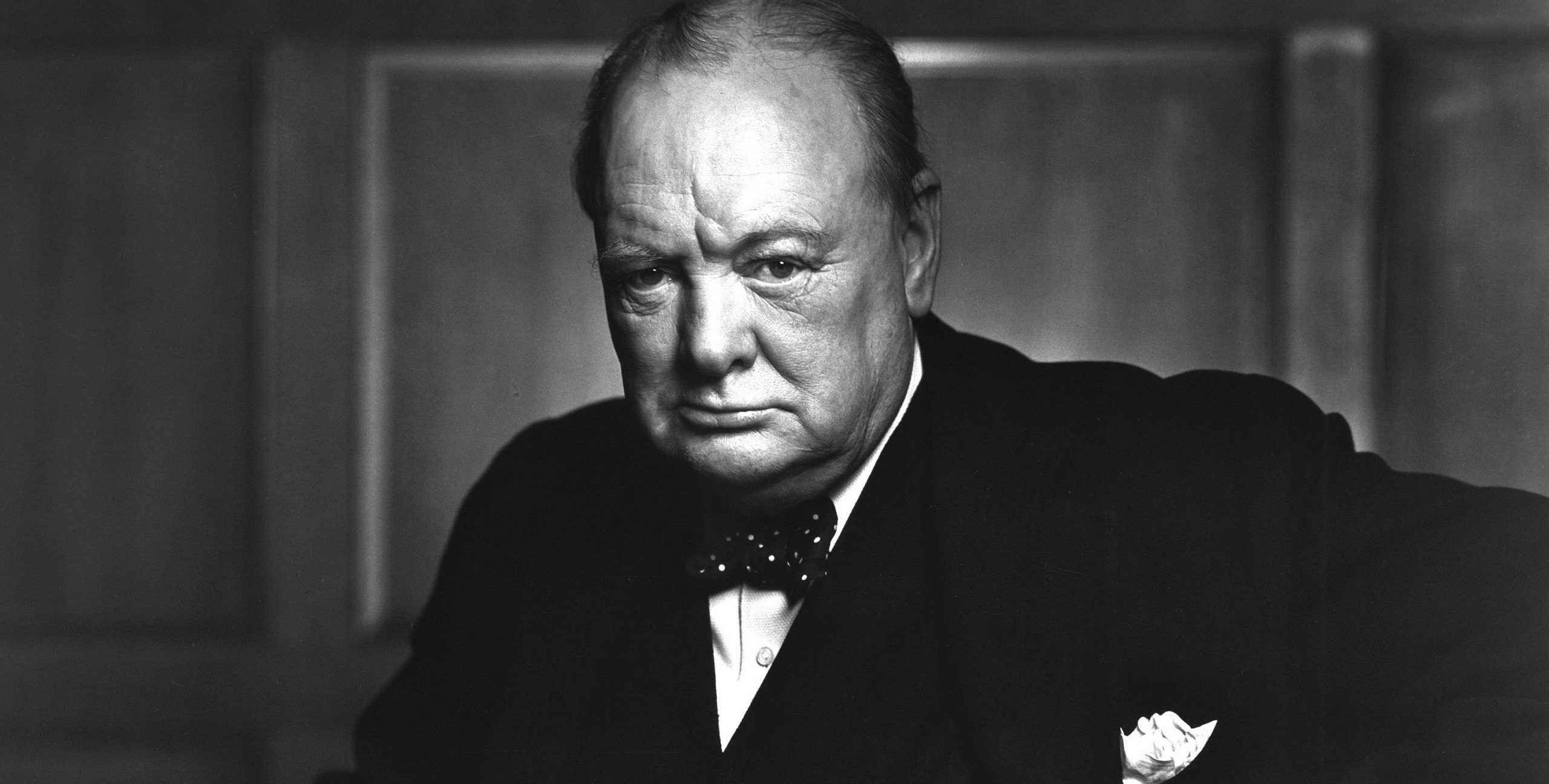Business leaders today can learn a lot from Winston Churchill and after a few turbulent years with the global pandemic and a looming recession we need to take heed from Churchill's qualities and lessons.
Churchill was and still is known to this day as an excellent leader, he lifted a nation from its darkest hours during the Second World War with his motivating and inspiring speeches. He had a concise vision that he communicated with clarity and authenticity, gaining the trust and respect from people around the world that Britain would be victorious. He wasn’t a natural-born leader, he worked hard at overcoming his speech impediment, and was a self-taught man who didn’t go to university. It was his sheer determination, dedication, enthusiasm, and his ability to lead that shone through and led to Britain’s victory in the Second World War.
A Clear Vision
Churchill’s vision was to win the war which he communicated to the nation with clear, concise powerful speeches ensuring that everyone bought into it. As a leader, you need to articulate your vision clearly and simply to ensure that everyone is on the same page and knows what they are working towards.
Everyone Needs a Plan
Every leader needs a plan or strategy with objectives and/or KPIs to ensure people are achieving and the company is heading towards its goals. A plan also helps to identify potential obstacles in the way and must be kept fluid so when circumstances change, it can be easily adapted. We have certainly learnt this over the last three years.
The working world has probably changed forever, and most employees want to do hybrid work whether that’s at home and/or in the office. Companies need to review their communications technology strategy to incorporate these needs to attract and retain top talent. Ensuring they provide the latest unified communications solutions to connect people whether they are working remotely or in the office enabling them to have video conference calls, collaborate on documents and send instant messages with colleagues, customers, and suppliers alike.
“Let our advance worrying become advance thinking and planning.”
Clear Communication for Success
Churchill was an exceptional communicator and his speeches to this day are still as inspirational as they were in the 1940s. He used words as weapons and delivered powerful speeches that won him the respect and trust of the nation. He always remained honest and didn’t cover up horrendous issues but faced them head-on using defiant and heroic language.
A good leader must communicate clearly and simply to excite and motivate people. By being transparent you will gain the trust and respect from your employees.
As the working world has changed companies have had to adjust by implementing hybrid working and evaluating the product and services they offer. As a result, companies’ cultures have changed, and employees need to be aware of what the culture is and how they fit in.
Glass is Half Full
Leaders must be positive and optimistic even in times of despair. By remaining positive they will reap better outcomes from their staff and customers. Churchill was known for his exuberance and optimism even in the darkest of times.
“For myself, I am an optimist – it does not seem to be much use being anything else.”
Stand Out from the Crowd
Churchill was innovative in his approach to how the war was managed and led. Having watched the failures of others he clearly understood that a new leadership dynamic was required.
Competition is fiercer than it has ever been therefore making it more important to differentiate yourself in the market. By deploying innovative AI and automation solutions you can streamline existing processes or discover new ones. Technology is smarter than ever so utilise virtual assistants, CRM solutions, self-service, and automation to improve.
“Without tradition, art is a flock of sheep without a shepherd. Without innovation it is a corpse.”
A Leap of Faith
Leaders need to take risks, albeit calculated risks.
“No really worthwhile achievement would be possible if everyone adhered to safety first all the time” Churchill.
Churchill always took risks and made bold decisions showing courage that you keep going when the going gets tough.
“If you’re going through hell, keep going. Never, never give up.”
In today’s fast world you must have the courage to make decisions fast, sometimes they will be right but sometimes they won’t be. You need the courage to make calculated decisions and take calculated risks quickly evaluating the probability of success. The key here is to not be scared to fail, if we do not fail then we will never learn but Churchill explains it better:
“Success is not final; failure is not fatal: it is the courage to continue that counts.”
Reputation Matters
Churchill was respected by his peers and the nation for his authenticity, transparency, and experience. People trusted him and this made it possible for him to convince the nation that Britain could win the war and we did.
Business leaders need to be experienced, honest and respected for staff and customers to trust and believe in their vision and strategy.
Look Back, Look Forward
For businesses to be a success they must evolve and not stand still, the world and customers change, and we need to change with them. Today companies cannot rest on their laurels, or they will be taken down by the competition. The last few years have taught us that to move forward we have to evolve and to do this we need to look back and what has worked and what hasn’t, and where to make improvements.
Good insight and analysis help to make informed decisions, but it is vital to get the whole picture by integrating all your sources of data.
Change management is vital to identify where you can reduce costs, improve processes to see where humans and technology can work in harmony and deliver results.
“The longer you can look back the further you can look forward."
Follow Through
Leaders must follow through; actions speak louder than words and your staff and customers need to see you making a difference and not just giving a great presentation. When they see this, you will be respected and trusted more, people need to see what results and what you deliver.
Data is the lifeblood of most businesses, and it should be utilised to make intelligent business decisions. It will not only improve services but also increase your bottom line to create actionable insights and measure their impact.
“I never worry about action but only inaction.”











